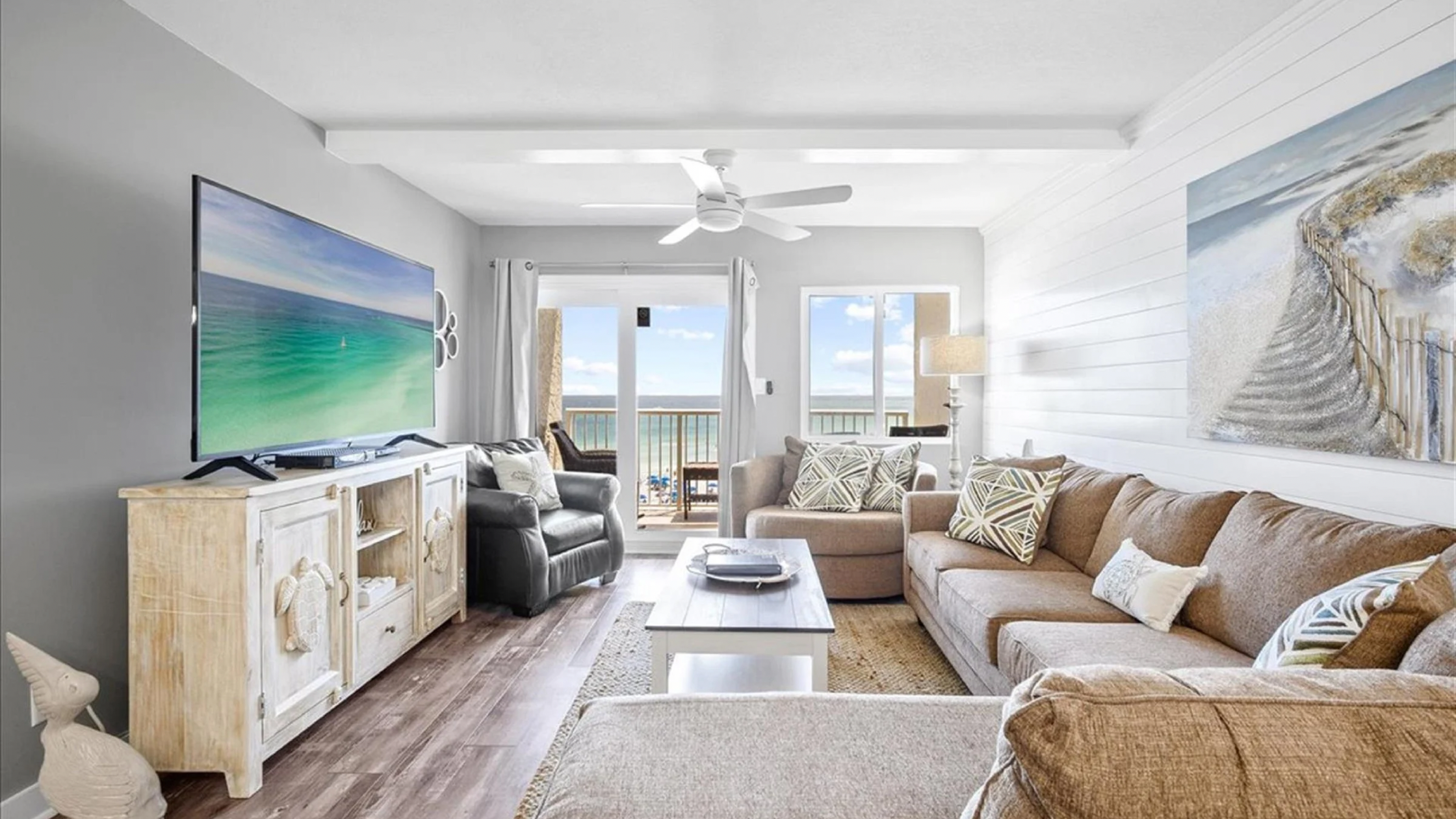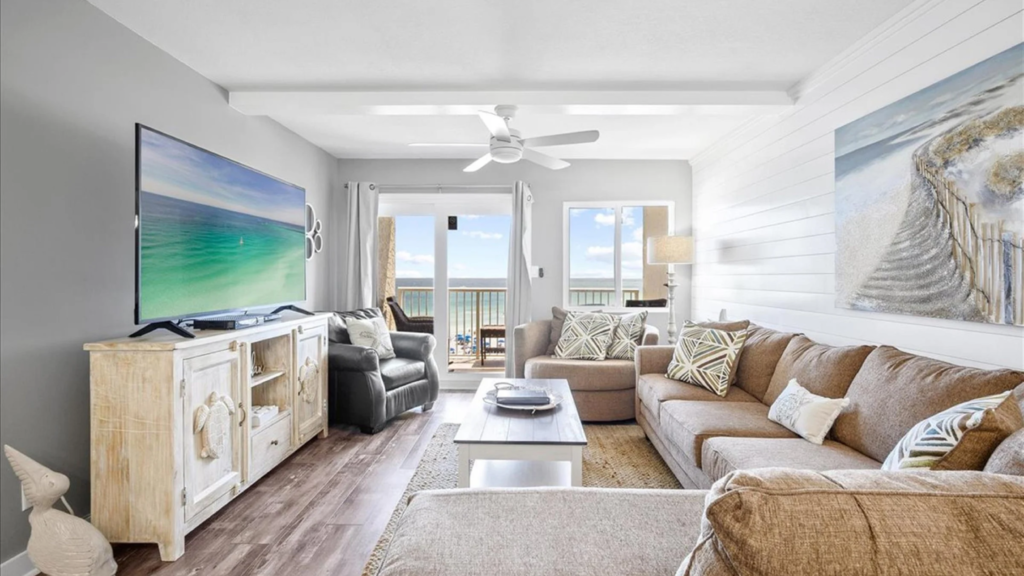Which is more profitable?
If you’re considering investing in real estate, and starting a short let business, you’ve probably asked yourself: should I go for short-term rentals (like Airbnb) or long-term leases? Both have their advantages, but which one brings in more money? Let’s find out!
The Case for Short-Term Rentals
Higher Earning Potential
Short-term rentals often have higher nightly rates compared to long-term leases. Depending on your location, a well-managed Airbnb can generate significantly more monthly revenue than a traditional rental.

Flexibility in Pricing
With short-term rentals, you can adjust prices based on demand, local events, and seasonal trends. This means you can maximize income when demand is high.
Personal Use of the Property
Short-term rentals give you the freedom to block out dates for personal stays or maintenance of the property, without dealing with long-term lease agreements.
Potential Tax Benefits
Some regions offer tax advantages for short-term rentals, especially if you rent your property for less than a certain number of days per year. This can help reduce your overall tax liability.
Local Guests Booking Your Property
- Higher turnover costs – Cleaning, restocking, and maintenance between guests
- Regulations and restrictions – Some cities have strict short-term Rental laws
- Seasonal income fluctuations – Earnings may drop during off-peak months

The Case for Long-Term Rentals
Stable, Predictable Income
With a long-term tenant, you receive consistent rental payments every month, making budgeting easier and reducing financial uncertainty.
Lower Operational Costs
Long-term rentals require less frequent cleaning and maintenance compared to short-term properties, reducing overhead costs and time spent managing the property.
Less Time-Intensive
Managing a long-term rental typically requires less effort. You don’t have to handle bookings, guest communication, or frequent turnovers.
Fewer Legal and Regulatory Issues
Many cities impose strict regulations on short-term rentals, whereas long-term leases tend to have fewer restrictions and legal complexities.
Challenges of Long-Term Rentals
- Limited ability to adjust rent (locked into lease agreements, even if the market changes)
- Tenant risks (problematic tenants, potential eviction issues, and property damage over time)
- Lower earning potential (compared to high-demand short-term rentals)
Which One Makes More Money?
If your property is in a tourist hotspot, a short-term rental could significantly out-earn a long-term rental. However, in areas with low visitor demand, long-term rentals may be the safer bet.

Consider Your Management Style
Do you prefer a hands-off, steady income? Go long-term. Love hosting and optimizing profits? Short-term rentals might be your best bet.
Think About Market Conditions
During economic downturns, short-term rental demand can drop, whereas long-term rentals remain more stable. Understanding your local rental market is key to making the right choice.
Conclusion
Both short-term and long-term rentals can be profitable—but the best choice depends on your goals, location, and willingness to manage the property. If you want higher income and flexibility, short-term rentals are great. If you prefer stability with less work, long-term rentals win.










